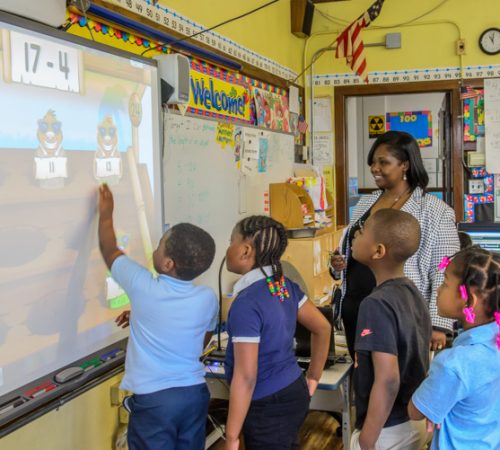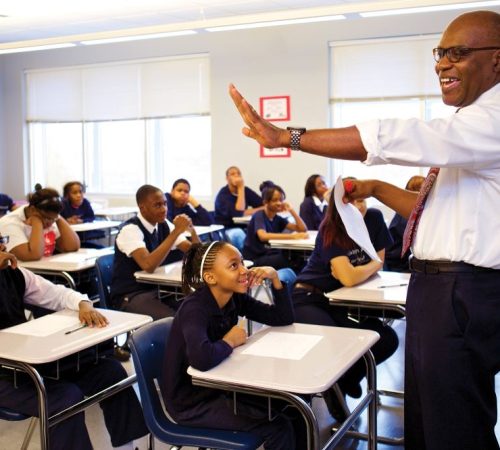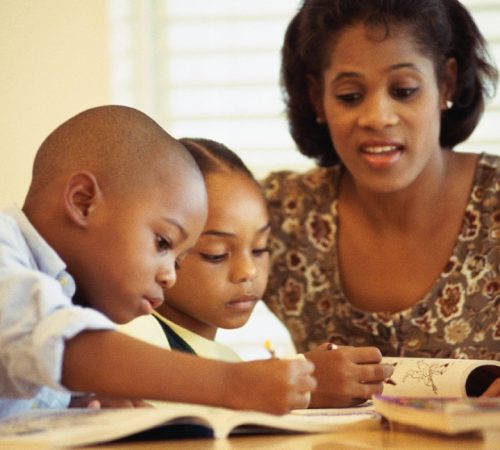
Traditional Public School
Schools that are publicly funded
Traditional schools are publicly funded, divided by grade levels and governed by school districts. These schools are where the majority of children get their primary and secondary education.
Traditional public schools employ teachers to facilitate teaching and instruction, students participate in state assessment tests, students must abide by compulsory attendance requirements, and the core curriculum is aligned with state standards. Additional education options provided by traditional schools are Advanced Placement, college preparatory, career and technical courses, STEM, and other electives to enhance their learning experiences.

Public Charter School
A unique alternative
Charter schools provide a unique alternative and institutional structure to traditional public schools.
Initially, charter schools were envisioned as small, locally run, innovative schools that would be available to all students. In 1991, Minnesota became the first state to pass charter school legislation. Decades later, the number of states with charter schools has grown over the past twenty-five years to 43 states. There are over 6,500 charter schools serving over 2.5 million students.

Virtual School
public schools that use online resources
Virtual Schools are public schools that use internet resources, such as online lessons, teacher support online, or online homework systems to teach entirely or primarily through online methods.
Physical interaction by students and teachers is unnecessary, or only supplementary. This alternative schooling option is similar to traditional public schools in many ways including the utilization of teachers to facilitate teaching and instruction, students participate in state assessment tests, students must abide by compulsory attendance requirements, and the core curriculum is aligned with state standards.

Home School
home study
Home study or home schooling is a school choice option for parents in which parents select to educate their children at home as opposed to attending a public or private school. Homeschooling provides parents options with regard to school elements such as curriculum and structure.
Georgia law 20-2-690 provides guidance for parents regarding the requirements in Georgia. Georgia requires instruction in five content areas: mathematics, English/language arts, science, social studies, and reading. Parents or guardians who wish to teach their children at home in a home study program must submit a Declaration of Intent to the Georgia Department of Education annually.

